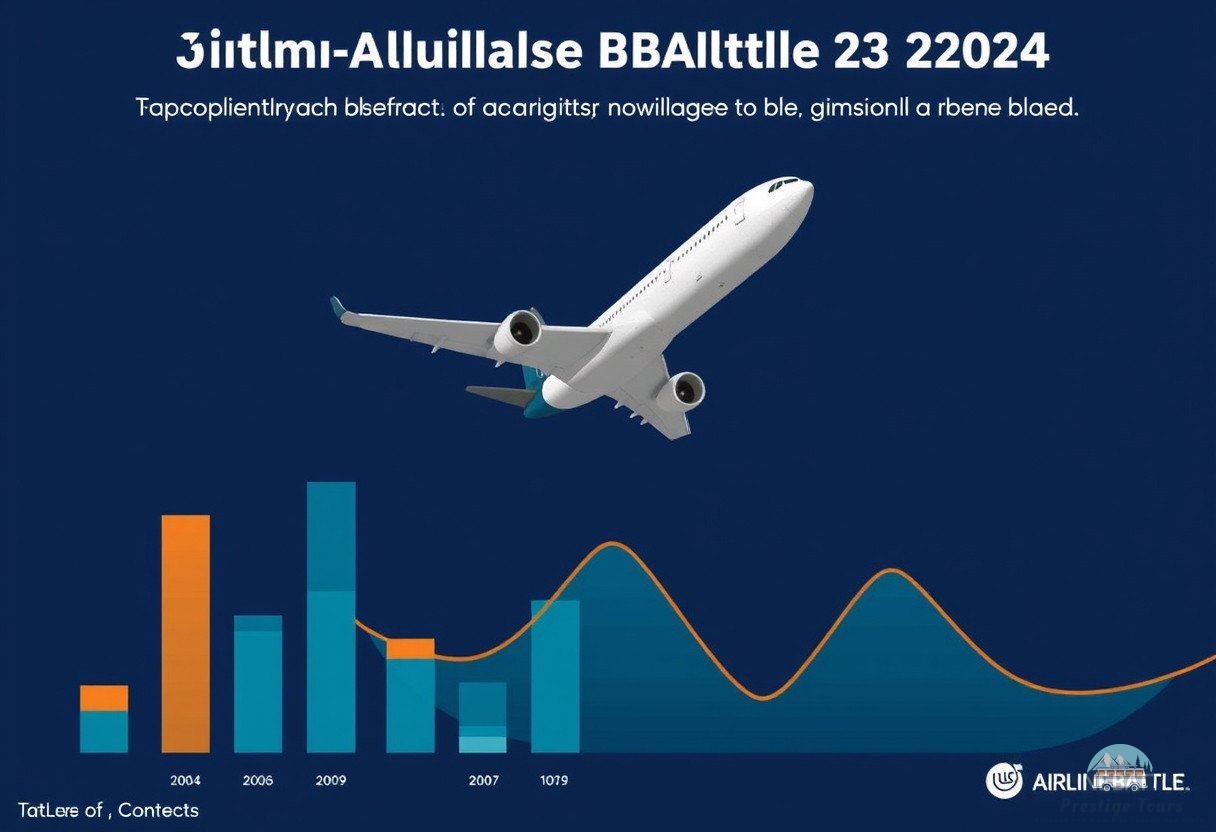Winners and Losers of the 2024 Airline Battle in Europe
The 2024 European Airline Battle has caught the attention of not only experts but also consumers who are waiting for better deals. Since the end of the pandemic, the number of air passengers has increased significantly, creating competitive conditions for all players in the market. In this article, we look at the key winners and losers in this context, based on verified data and statistics.
Winners of the Airline Battle 2024
Despite the high competition, several airlines were able to strengthen their positions and increase their market share:
- Ryanair – an Irish low-cost airline that has successfully strengthened its position thanks to low prices and a large number of routes. In 2024, Ryanair increased its passenger traffic by 15% compared to the previous year.
- EasyJet – is also on the winning side, mainly due to the recovery in demand for air travel. In the first half of 2024, the company reported record revenues of 2.5 billion euros.
- Lufthansa Group – the major German airline and its subsidiaries such as Swiss and Austrian Airlines were able to maintain high service standards and increase passenger numbers by 10% compared to 2023.
Losers of the Airline Battle 2024

Despite the success of some companies, others face serious problems. Among the losers are:
- Air France-KLM – a corporate structure that suffers from increased operational costs and high levels of competition. As a result, its passenger traffic fell by 8% in the first half of 2024.
- British Airways – a historic airline that has also faced challenges related to new health requirements and logistical problems, which have affected service levels and increased flight delays.
Market trends and the future of air travel in Europe
In the context of the Airline Battle 2024, there are several key trends that will influence the market in the future:
- Sustainable development – Many companies are implementing carbon neutral technologies and green initiatives to attract passengers based on their eco-consciousness.
- Technological innovations – Airlines continue to invest in digitalization and innovations such as mobile apps to improve customer service.
- Strengthening price competition – the growth in the number of low-cost airlines and the emergence of new air carriers on the market contribute to a reduction in ticket prices.
For a more detailed look at how these factors are impacting the global market, check out the related web links and travel evidence. Importantly, data from IATA (International Air Transport Association) backs up the industry analysis with facts and figures.
Thus, the Airline Battle 2024 sets new rules of the game in the air transportation sector in Europe. Leading companies are adapting to new realities, and consumers are benefiting from growing competition and improved service quality. However, as practice shows, not all companies keep up with changes in the market, and competition remains dynamic.
